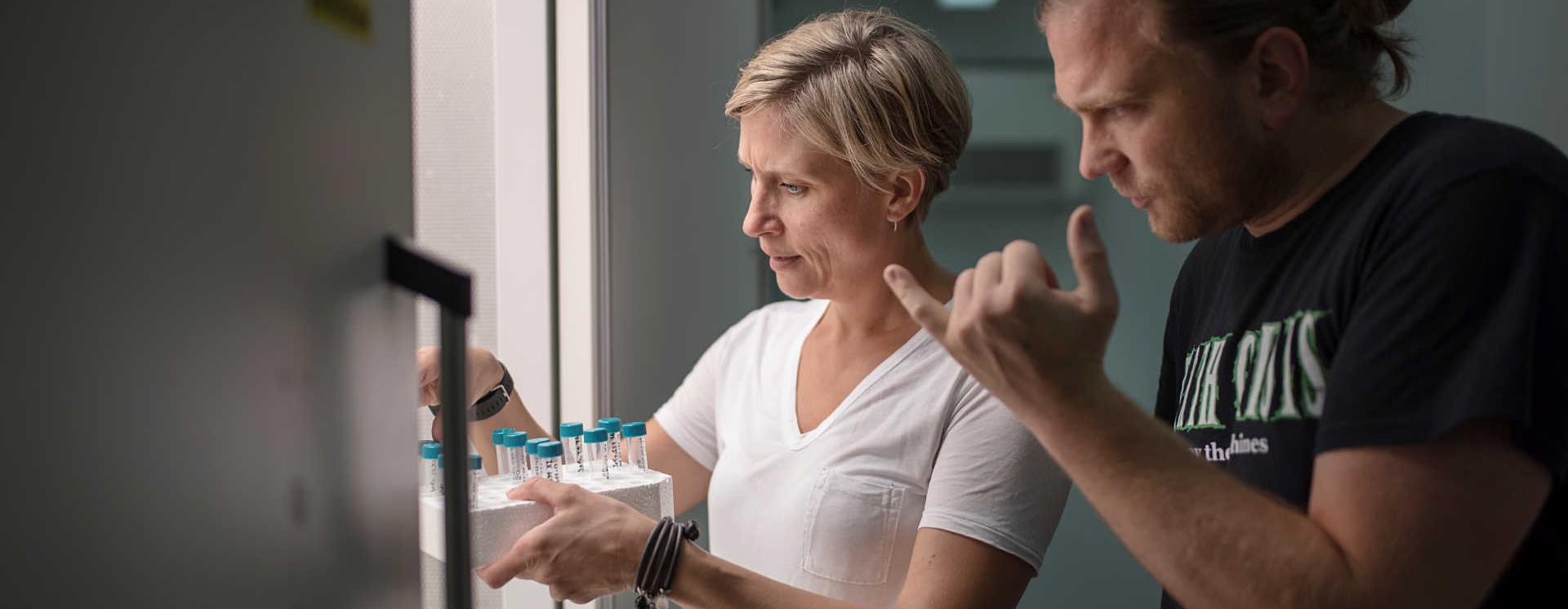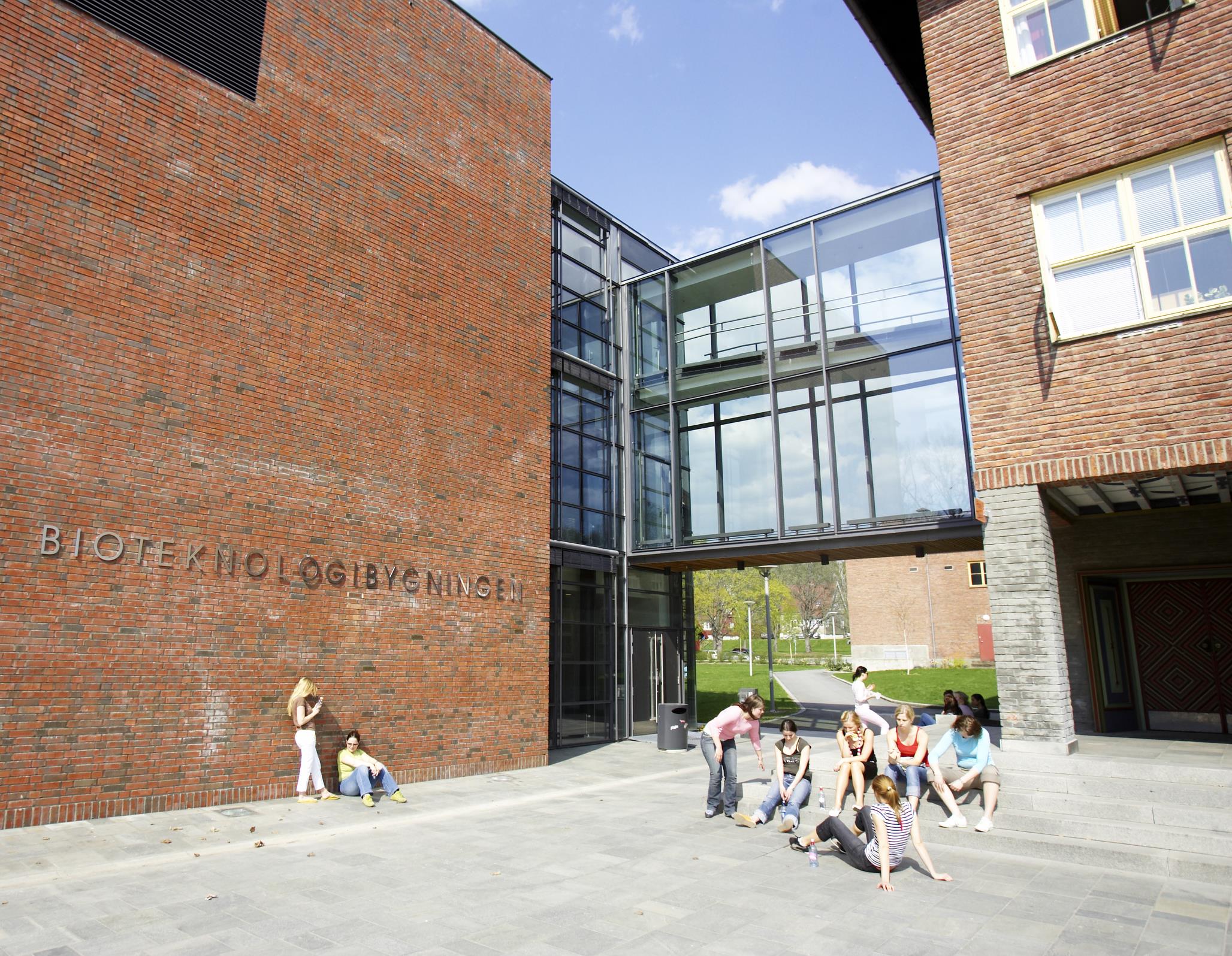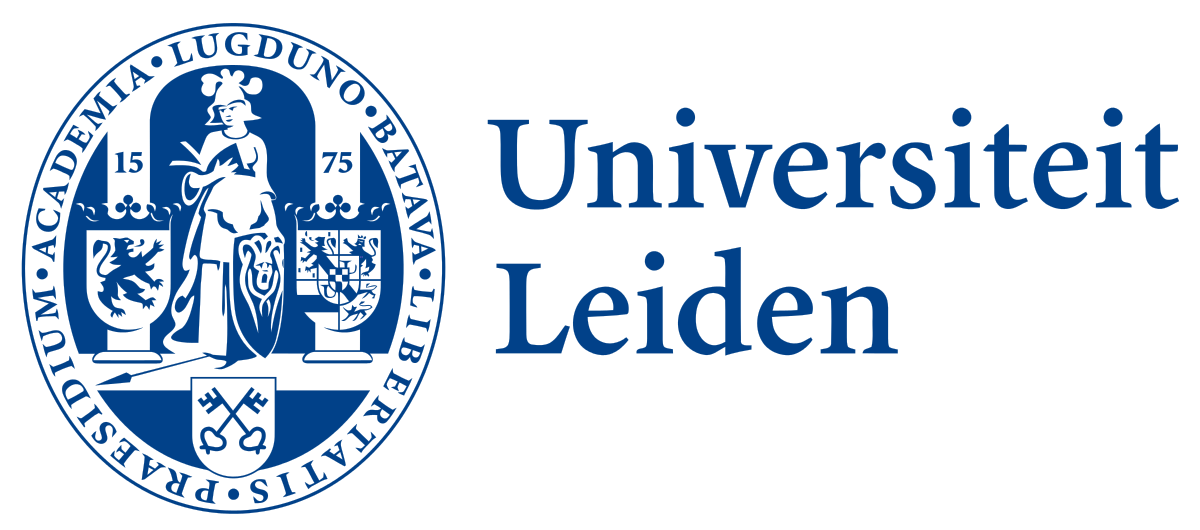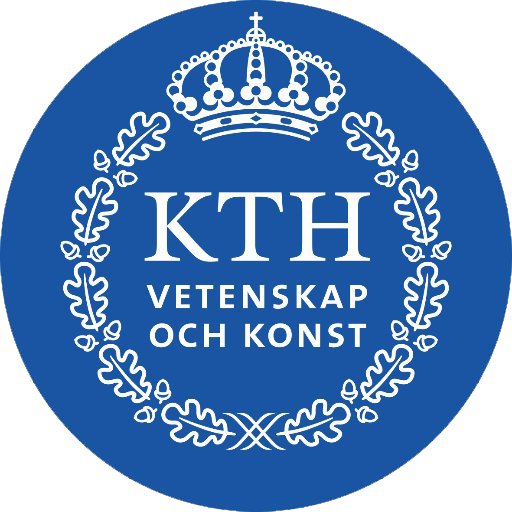Snabbfakta
-
- Ås
- Heltid
- Rekrytering
Kategorier:
- Datavetenskap
- Beräkningsbiologi
Titlar:
- Doktorand
Ansök senast: 2024-10-31
Two PhD scholarships within computational host/microbiome genomics (hologenomics)
About the position
The Faculty of Chemistry, Biotechnology and Food Science at the Norwegian University of Life Sciences (NMBU) has two vacant 3-year PhD–position related to computational host/microbiome genomics (hologenomics), with the possibility of extension for up to one year.
The positions are part of HoloGen, a MSCA Doctoral Network that will train the next generation of researchers in the emerging field of hologenomics. Microorganisms living in and on animal hosts impact nearly every biological process, and hologenomics aims to uncover how hosts and microbes interact. Understanding these interactions will transform fields spanning from basic biology to applied science in agrobiology, biomedicine, and more.
HoloGen brings together experts from 18 partners across Europe (universities, research institutes and industries), and will combine expertise in symbiosis biology, microbial ecology, computational biology, and more. The network will offer the successful candidates an unprecedented learning environment, including a common training program and research visits to both academic and industry partners.
For more information, see https://www.hologen-network.eu
The applicant is made aware that:
- The MSCA mobility rule applies to this position: the applicant must not have resided or carried out their main activity (e.g., studies, work, research) in Norway for more than 12 months in the 3 years immediately prior to the call deadline.
- The application for a PhD position at NMBU is at the same time an application for admission to a PhD programme at the institution. The documentation that is necessary to ensure that the admission requirements are met must be uploaded as an attachment (se details below).
Main tasks
Main tasks:
- Develop novel computational methods (or adapting existing methods) to integrate and analyze multi-omics data (e.g., (meta)transcriptomics, (meta)proteomics, metabolomics) from both hosts (including fish, pig and human) and their associated microbial communities.
- Translate developed methods into user-friendly software, ensuring it is accessible and functional for the wider research community.
- Apply novel methods and software to analyze diverse hologenomics datasets from different biological systems.
- Investigate the impact of environmental factors such as feed additives on host-microbiota systems using advanced omics data analysis.
The successful candidate is expected to enter a plan for the progress of the work towards a PhD degree during the first months of the appointment, with a view to completing a doctorate within the PhD scholarship period.
Tommy Normann, NMBU
Competence
The successful applicant must meet the conditions defined for admission to a PhD programme at NMBU. The applicant must have an academically relevant education corresponding to a five-year master’s degree or a cand.med.vet. degree, with a learning outcome corresponding to the descriptions in the Norwegian Qualification Framework, second cycle. The applicant must have a documented strong academic background relevant to the position and be able to document proficiency in both written and oral English. For more detailed information on the admission criteria please see the PhD Regulations and the relevant PhD programme description.
The applicant must document expertise and interest in the research subject.
Required Academic qualifications
- Master’s degree in bioinformatics, data science, genomics, microbiology or a related field.
Required experiences:
- Proficiency in at least one programming languages (preferably R).
- Experience in handling large-scale biological data (preferably omics-data).
- Experience in statistical data analysis and visualization.
Desired experiences:
- Network-based analysis of multi-omics data
- Inference of regulatory networks and pathway analysis.
- Development of reproducible research using tools such as git, markdown, etc.
- Familiarity with wet-lab work for microbiome research.
You need:
- Enthusiasm and talent for scientific research.
- A love for writing academic text.
- Ability to work both independently and collaborate in a multidisciplinary research team.
- Proficiency in both written and spoken English.
Remuneration and further information
The position is placed in government pay scale position code 1017 PhD Fellow. PhD Fellows are normally placed in pay grade 54 (532 200 NOK) on the Norwegian Government salary scale upon employment and follow ordinary meriting regulations.
In addition, candidates in MSCA doctoral networks receive a mobility allowance, and if applicable a family allowance.
Employment is conducted according to national guidelines for University and Technical College PhD scholars.
For further information, please contact Professor Torgeir R. Hvidsten
E-mail: torgeir.r.hvidsten@nmbu.no; phone +47 67232491
Information for PhD applicants and general Information to applicants

Application
To apply online for this vacancy, please click on the 'Apply for this job' button above. This will route you to the University's Web Recruitment System, where you will need to register an account (if you have not already) and log in before completing the online application form.
Application deadline: 31.10.2024
In the application, the candidate must confirm that information and documentation (in the form of attachments) submitted via the job application can also be used by NMBU in a possible admission process.
Applicants invited for an interview are expected to present original diplomas and certificates.
The following documents must be attached to the application:
- Motivation letter (maximum 1 page). Please note that applications that lack a motivation letter clearly stating why the candidate is qualified and motivated for this particular project will be disregarded.
- Complete CV
- Certified copies of academic diplomas and certificates. (i.e. Diploma, transcript. Diploma supplement for both bachelor and master). Diplomas, transcripts and diploma supplements that are not in Norwegian or English must be uploaded in the original language. An English translation of these documents must also be attached.
- Applicants from universities outside Norway are kindly requested to send a diploma supplement, or a similar document, which describes in detail the study program and grading system.
- Documentation of proficiency in written and oral English in accordance with NMBU PhD regulation section 5-2 (3).
- Names and contact details for two references
- Additional relevant documentation of professional knowledge (for example, list of scientific works). If it is difficult to judge the applicant’s contribution for publications with multiple authors, a short description of the applicant’s contribution must be included.
About The Faculty of Chemistry, Biotechnology and Food Science
The Faculty of Chemistry, Biotechnology and Food Science (KBM) employs about 160 people. Currently about 50 PhD students are enrolled into our PhD program. KBM represents a broad range of scientific fields encompassing basic natural sciences such as microbiology, chemistry, biochemistry as well as the application of these towards food chemistry, technology and safety, biotechnology, bioprocessing and environmental issues. The Faculty is responsible for education, research and information within our fields of expertise and also has state-of-the-art instrumentation to perform research within these fields. KBM collaborates in networks and research projects both nationally and internationally.
Further information: https://www.nmbu.no/en/faculty/kbm

The Norwegian University of Life Sciences
NMBU will contribute to securing the future of life through outstanding research, education, communication and innovation. We have the country's most satisfied university students, who receive research-based education in a unique student environment. Our graduates gain a high level of competence in interdisciplinary collaboration and are popular in the labor market.
NMBU has internationally leading research environments in several subjects. Together with our partners in society and business, we contribute to solving some of the biggest societal challenges of our time. We focus on innovation, communication and entrepreneurship because we believe these challenges are best solved with joint efforts. We believe that a good working environment is characterized by diversity.If necessary, workplace adaptations will be made for persons with disabilities. More information about NMBU is available at www.nmbu.no/en
Questions about the position
Torgeir R. Hvidsten
Professor
+47 67232491
torgeir.r.hvidsten@nmbu.no



